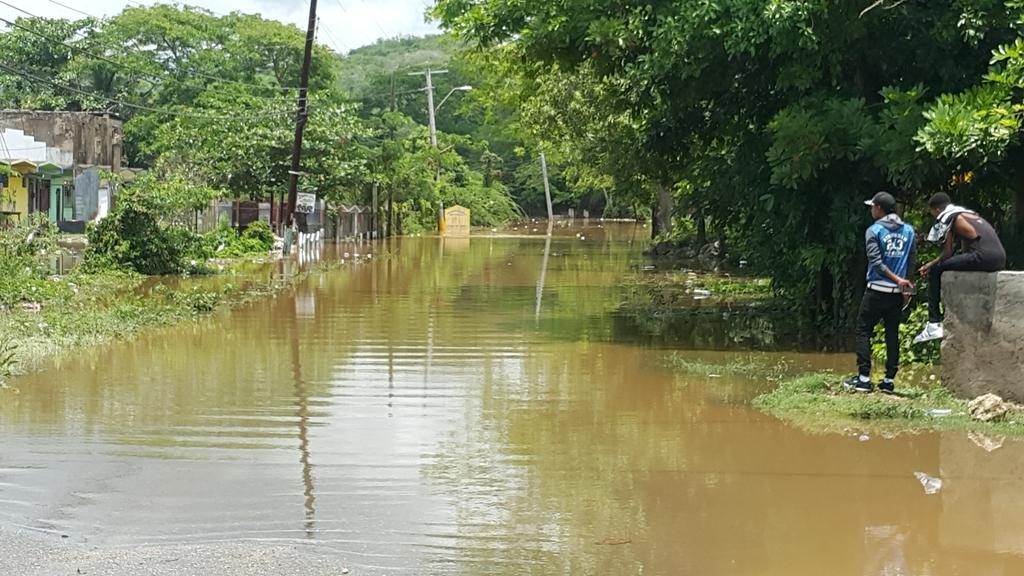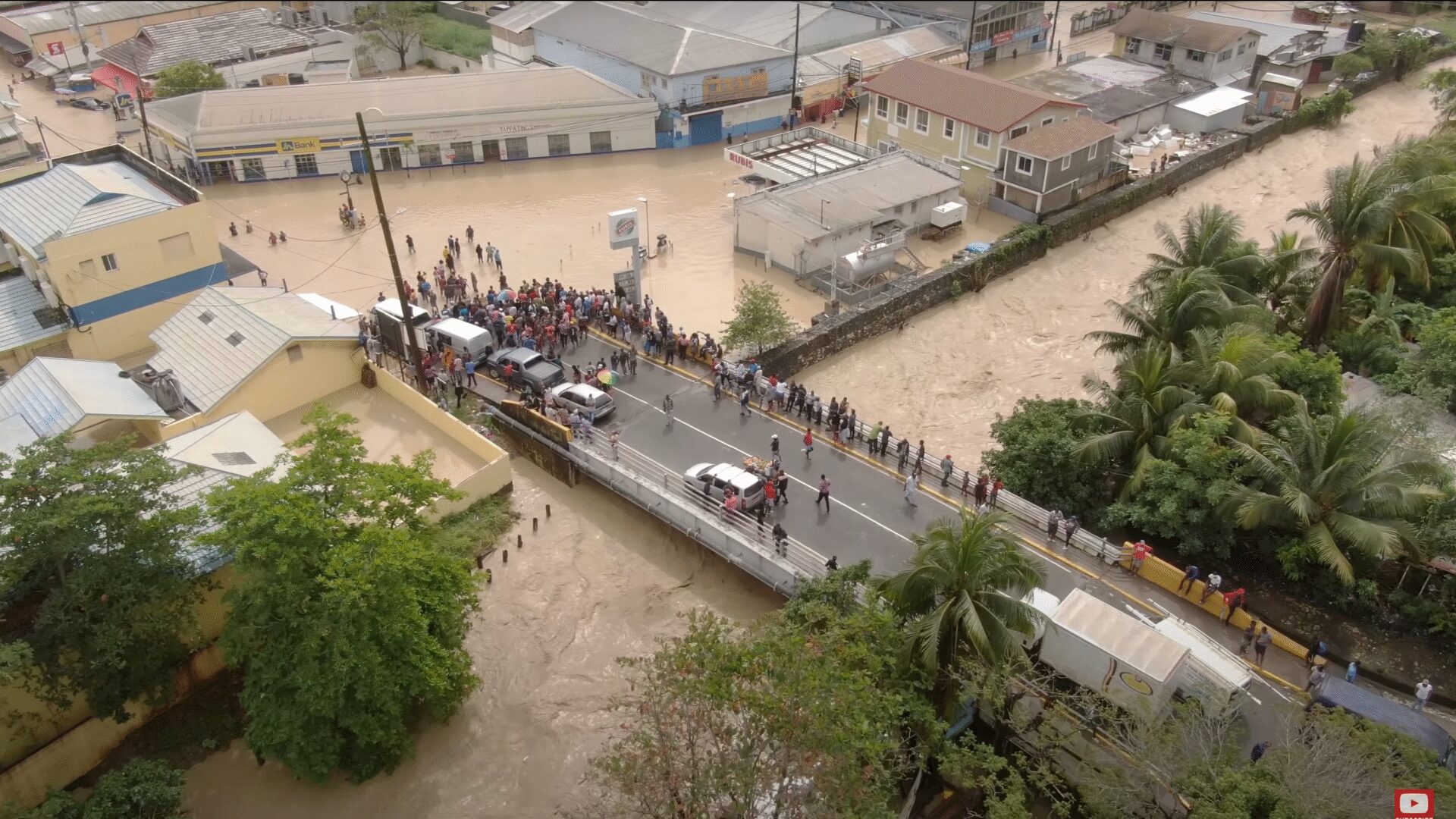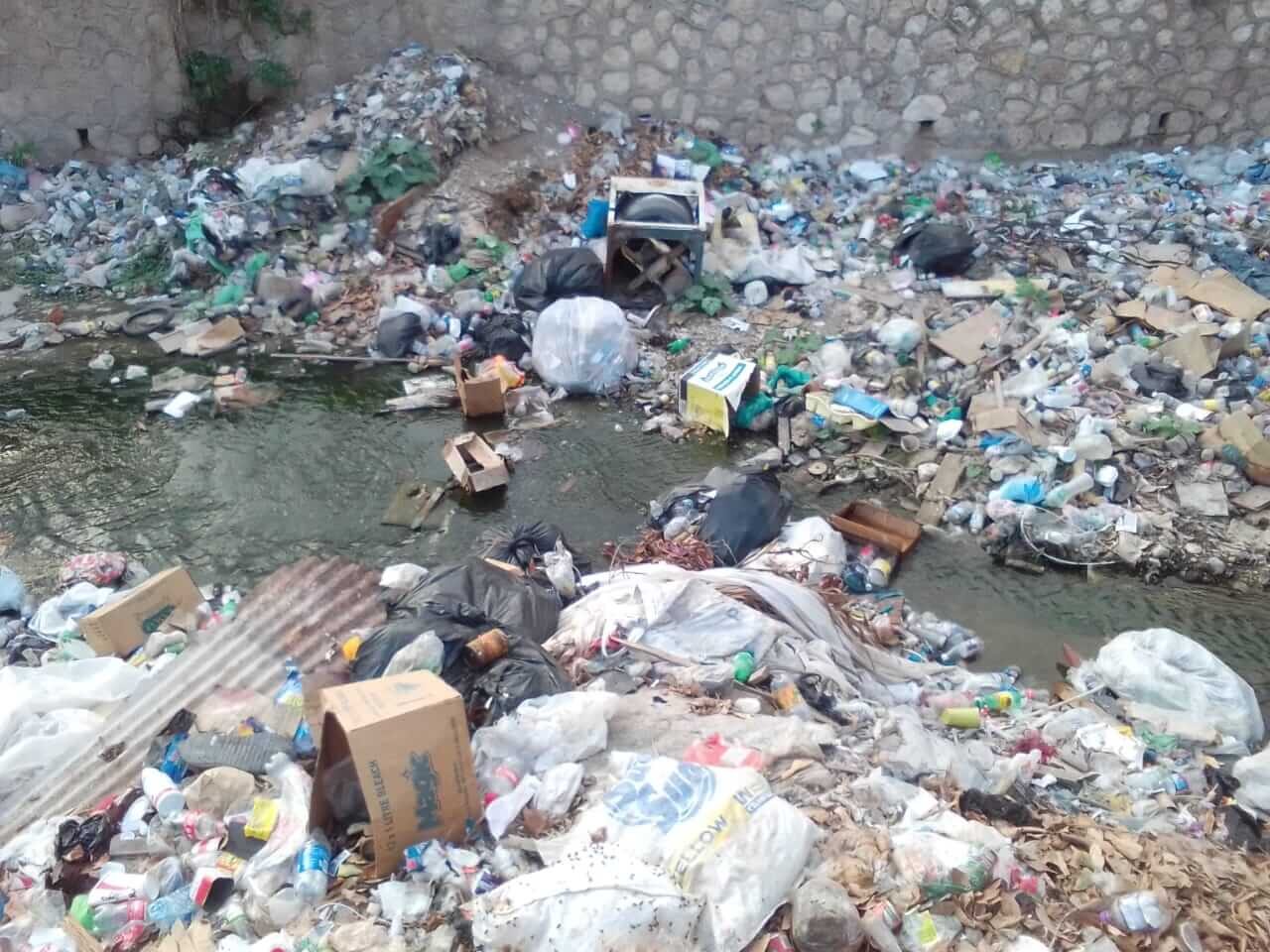Hurricane Melissa heads to Jamaica: We take a closer look at the major issues that contribute to flooding
The planet is approximately 79 percent water. Human settlements are already at a natural disadvantage when it comes to flooding. In Jamaica, persistent and severe flooding is driven by several human-induced factors:
Destruction of Mangroves and Wetlands:
Mangroves and wetlands serve as natural coastal defenses. They absorb storm surges, reduce erosion, and act as buffers during hurricanes. When these ecosystems are removed or degraded, coastal areas become significantly more vulnerable to flooding and storm impacts.
Improper Waste Disposal:
Littering clogs critical drainage infrastructure, including storm drains and gullies. Blocked drainage channels cause water to back up and overflow into streets and residential areas, particularly during heavy rainfall.
Deforestation:
Forests help absorb rainwater and stabilize soil. When trees are removed, water runs off more rapidly into rivers and streams. This sudden surge increases water levels beyond capacity, leading to flash flooding and landslides.
Poor Construction and Urban Planning:
Building without proper drainage systems or consideration for natural water flow disrupts the land’s ability to absorb rainwater. Paved surfaces and unregulated developments overwhelm stormwater networks, causing widespread surface flooding.

Flooding is not just a natural disaster. It is also a direct consequence of human choices. Jamaica cannot stop the rain or the rising seas, but we can control how we treat our environment. Protecting mangroves and forests, disposing of waste responsibly, and enforcing proper building standards are not optional ideals. They are essential actions that save lives and protect livelihoods.
If we continue to destroy natural barriers and overload drainage systems, we will continue to pay the price every hurricane season. It is time for government, developers, businesses, and every citizen to work together. Sustainable planning and responsible behavior are our strongest defenses against future floods.
The water will always come. The question is whether we are prepared to live with it.


